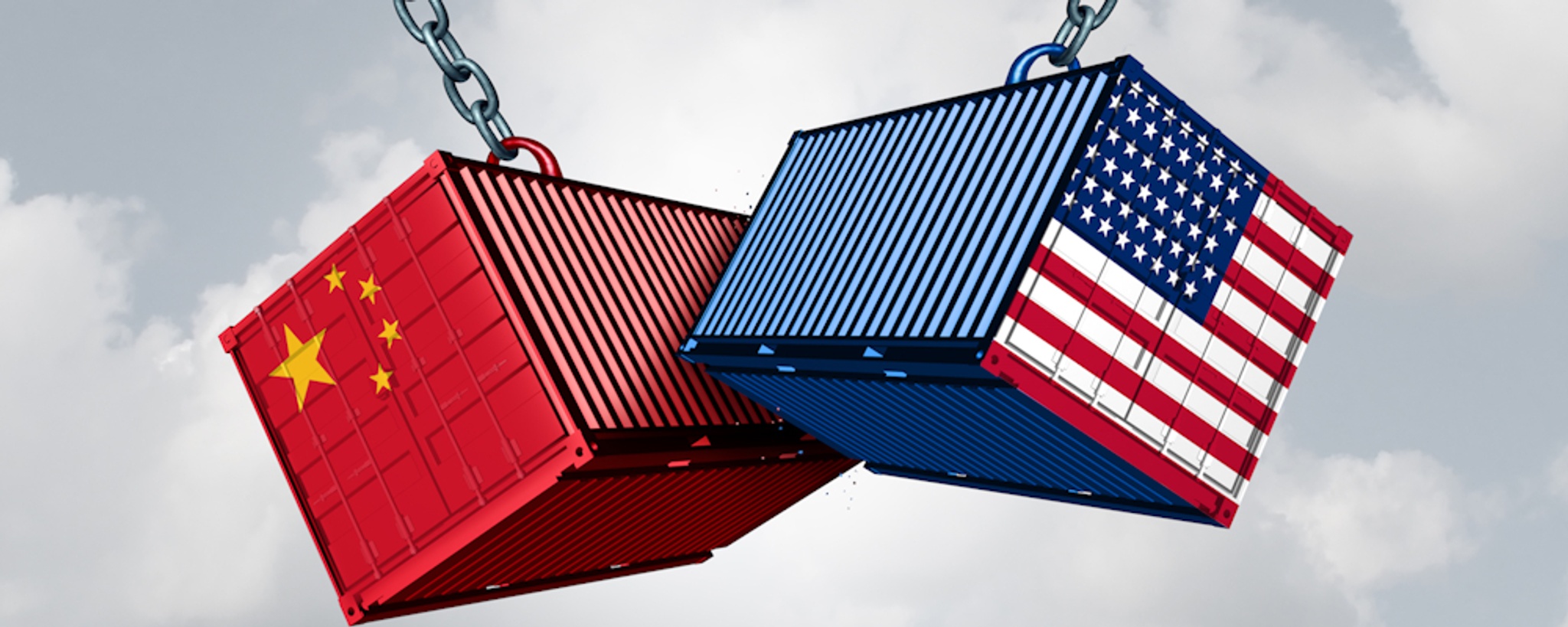Hamilton Center on Industrial Strategy
ITIF’s Hamilton Center promotes a practical approach to competitiveness policy that enables U.S. technology leadership in global markets. The Hamiltonian agenda entails more than just increasing economic inputs and factor conditions that are broadly conducive to innovation and growth. Policies must directly enable firms in America to lead in advanced technologies and industries that are strategically important for economic and national security... (More.)
- Signature report: “The Hamilton Index, 2023: China Is Running Away With Strategic Industries”
- Stay up to date by signing up for ITIF’s weekly email and checking the box to get information about “Competitiveness.”
Featured Publications
The Hamilton Index, 2023: China Is Running Away With Strategic Industries

China now dominates the strategically important industries in ITIF’s Hamilton Index, producing more than any other nation in absolute terms and more than all but a few others in relative terms. Its gains are coming at the expense of the United States and other G7 and OECD economies, and time is running short for policymakers to mount an industrial comeback.
Events
October 24, 2023
Securing Our Future: A Framework for Critical Technology Assessment
Please join ITIF, The Hamilton Project at Brookings, and the National Network for Critical Technology Assessment in a press release and showcase event launching the release of the report, Securing America’s Future: A Framework for Critical Technology Assessment.
April 27, 2023
Reviving America’s Hamiltonian Tradition to Win the Economic Competition With China
Please join ITIF for an all-day conference with leading experts and policymakers to explore why and how Washington can look to Hamiltonianism for guidance in how to win the techno-economic contest with China.
November 28, 2022
How Updating a Century-Old Trade Law Could Limit China’s Ability to Profit From Unfair Trade Practices
Watch ITIF's briefing event featuring Sen. Mark Warner (D-VA) and an expert panel of current and former U.S. trade officials who discussed how to limit China’s ability to profit from its predatory trade practices.
September 15, 2022
A New Frontier: Leveraging U.S. High-Performance Computing Leadership in an Exascale Era
Watch ITIF's event at the Dirksen Senate Office Building (SD-562) as it released a new report exploring the promise of HPC in the exascale era, examining some of the latest cutting-edge applications of HPC, and articulating steps policymakers should take to keep the United States at the leading-edge of this highly globally competitive, yet truly foundational information technology.
January 11, 2022
What a National Strategic-Industry Policy Should Look Like
ITIF hosted a discussion of what a robust national strategic-industry policy should—and should not—entail.
Staff

Vice President, Global Innovation Policy, and Director, Center for Life Sciences Innovation
Information Technology and Innovation Foundation
Read BioAdvisors

Ernest L. Arbuckle Professor of Business Administration
Harvard Business School
Read BioMore From the Center
March 11, 2024|Reports & Briefings
How Innovative Is China in the Robotics Industry?
China does not yet appear to be leading in robotic innovation, but its domestic production and adoption are growing rapidly, and the Chinese government has prioritized the industry. It is likely only a matter of time before Chinese robotics companies catch up to the leading edge.
February 23, 2024|Op-Eds & Contributed Articles
How to Win the Economic War With China
It’s time to move from an Economic Statecraft 1.0 premised on using U.S. strength to support friends and punish adversaries, to an Economic Statecraft 2.0 premised on husbanding U.S. strength while limiting the relative techno-economic advance of China.
February 21, 2024|Blogs
Boeing Is Too Important to Fail
Any regulatory responses to the recent door-panel failure need to be considered and proportionate, advancing safety while also factoring in the country’s strategic competitiveness.
February 16, 2024|Op-Eds & Contributed Articles
The Case for National Developmentalism
National developmentalism is a third alternative to neoliberalism and neo-New Dealism, according to Robert Atkinson's piece in The Liberal Patriot.
January 25, 2024|Blogs
The Real “Reality” of America’s Deindustrializing Economy
A recent CATO report takes liberties with statistics to deny U.S. manufacturing is in decline. But the facts remain: It is. It matters. And we need an industrial policy strategy to address it.
December 4, 2023|Blogs
NSF’s Technology Innovation Partnership Should Offer Grants for Universities to Establish Industrial Policy Programs
The United States is essentially defenseless against the kind of mercantilist aggression it now faces from China. Congress should respond by funding university programs and career training programs that focus on economic warfighting, which is distinct from learning about foreign affairs, economics, or military affairs.
September 25, 2023|Reports & Briefings
Comparing Canadian and U.S. R&D Leaders in Advanced Sectors
R&D-intensive companies are key to national growth and competitiveness. Canada lags far behind the United States and the rest of the world in R&D-intensive firms. The Canadian government should consider reforming and expanding its SR&ED tax incentive.
















